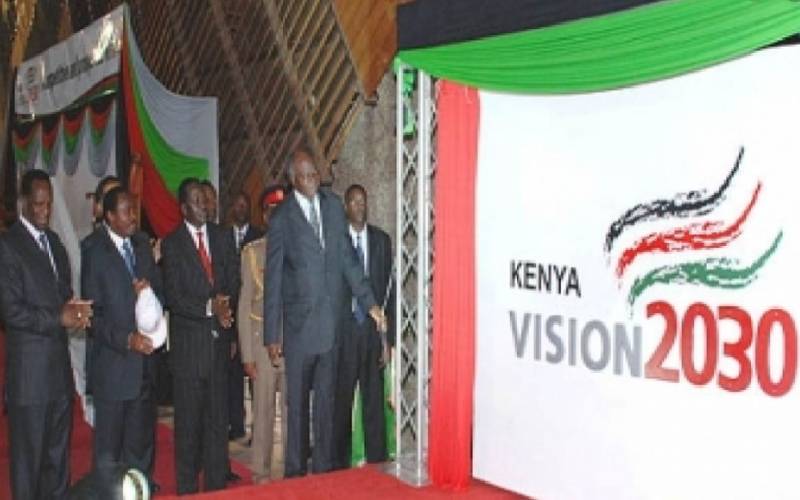×
The Standard e-Paper
Smart Minds Choose Us

Twelve years ago, Kenya unveiled its long-term development blue-print in which the country hoped to become a middle-income country, providing its citizens with a high standard of living.